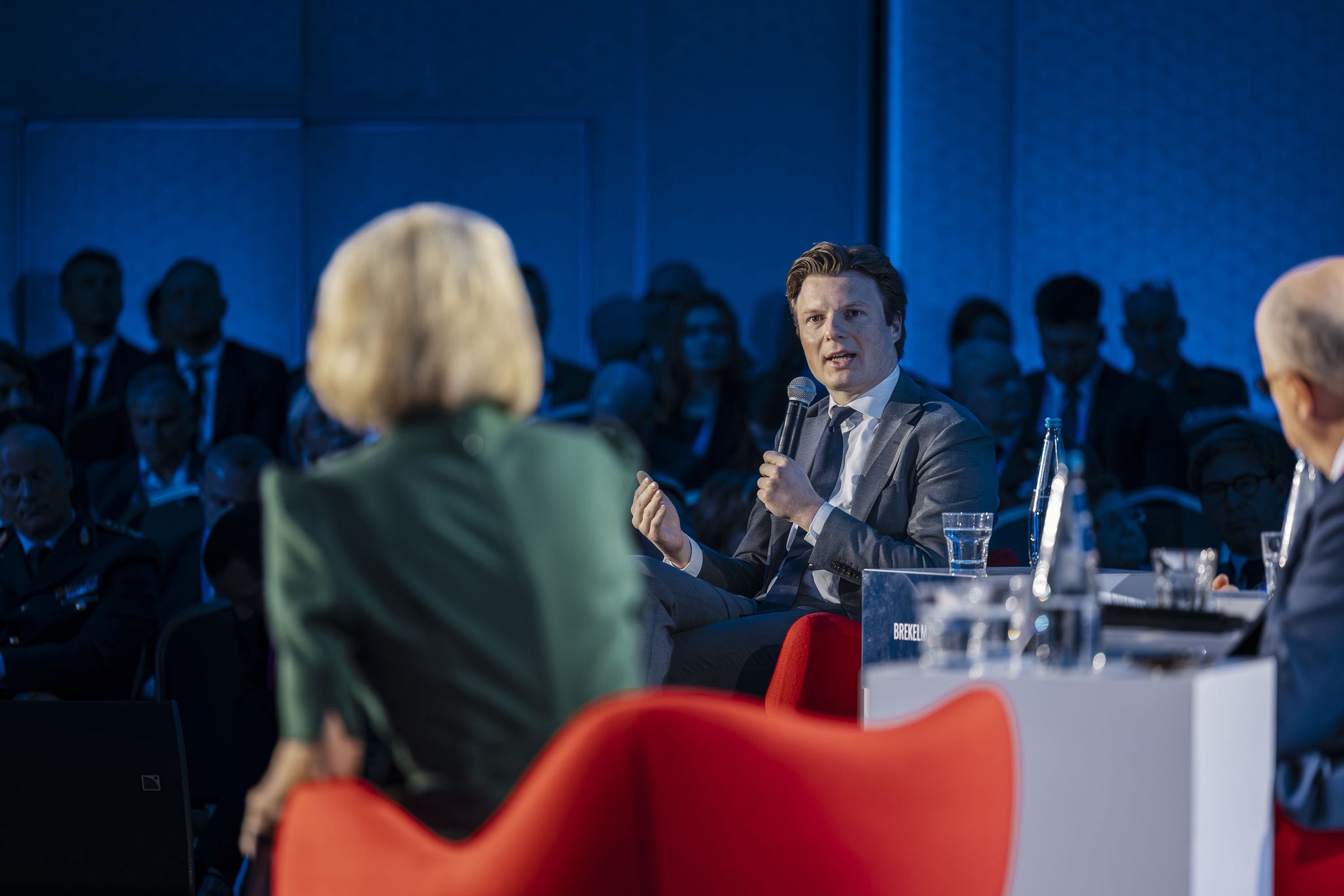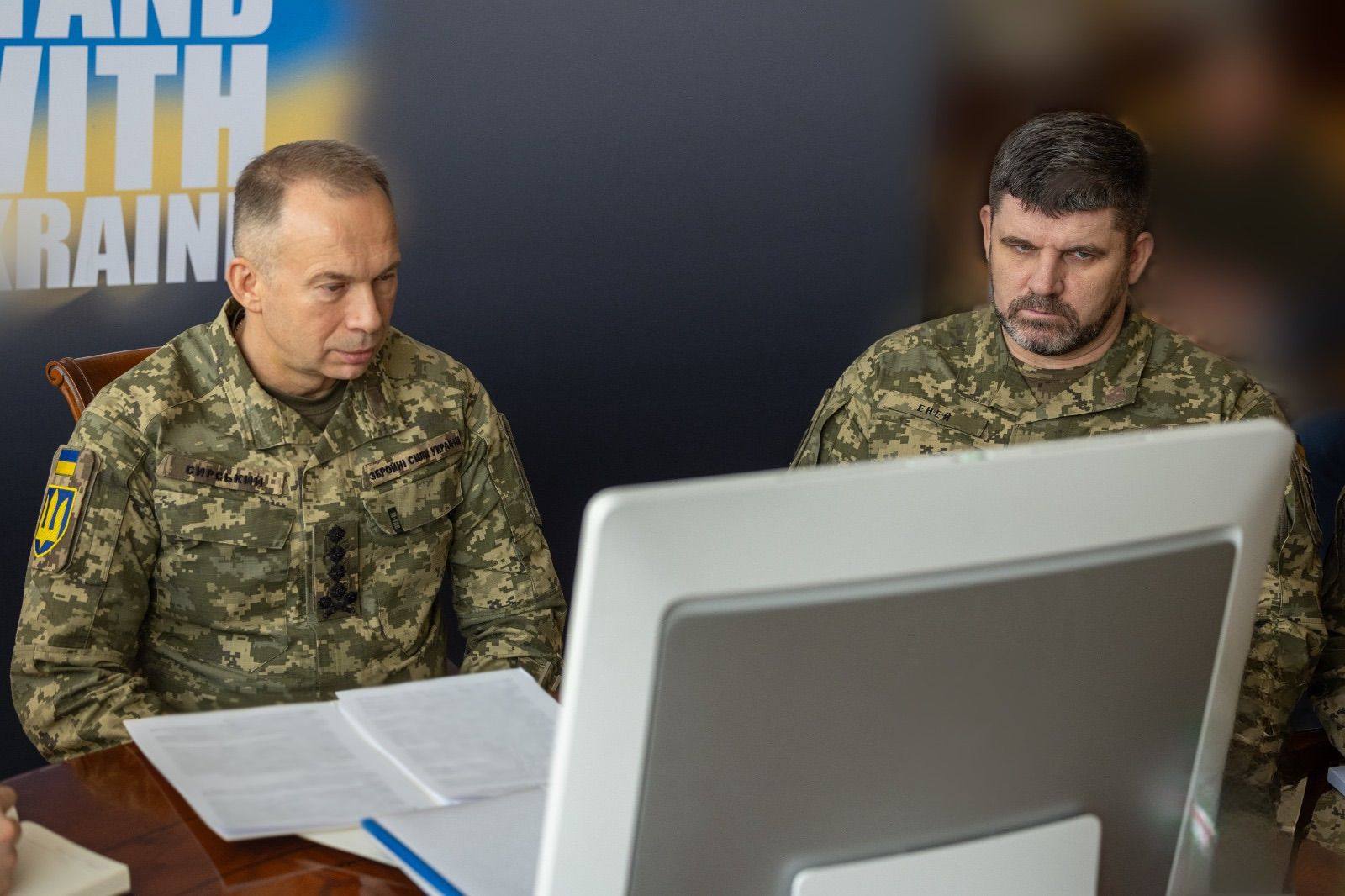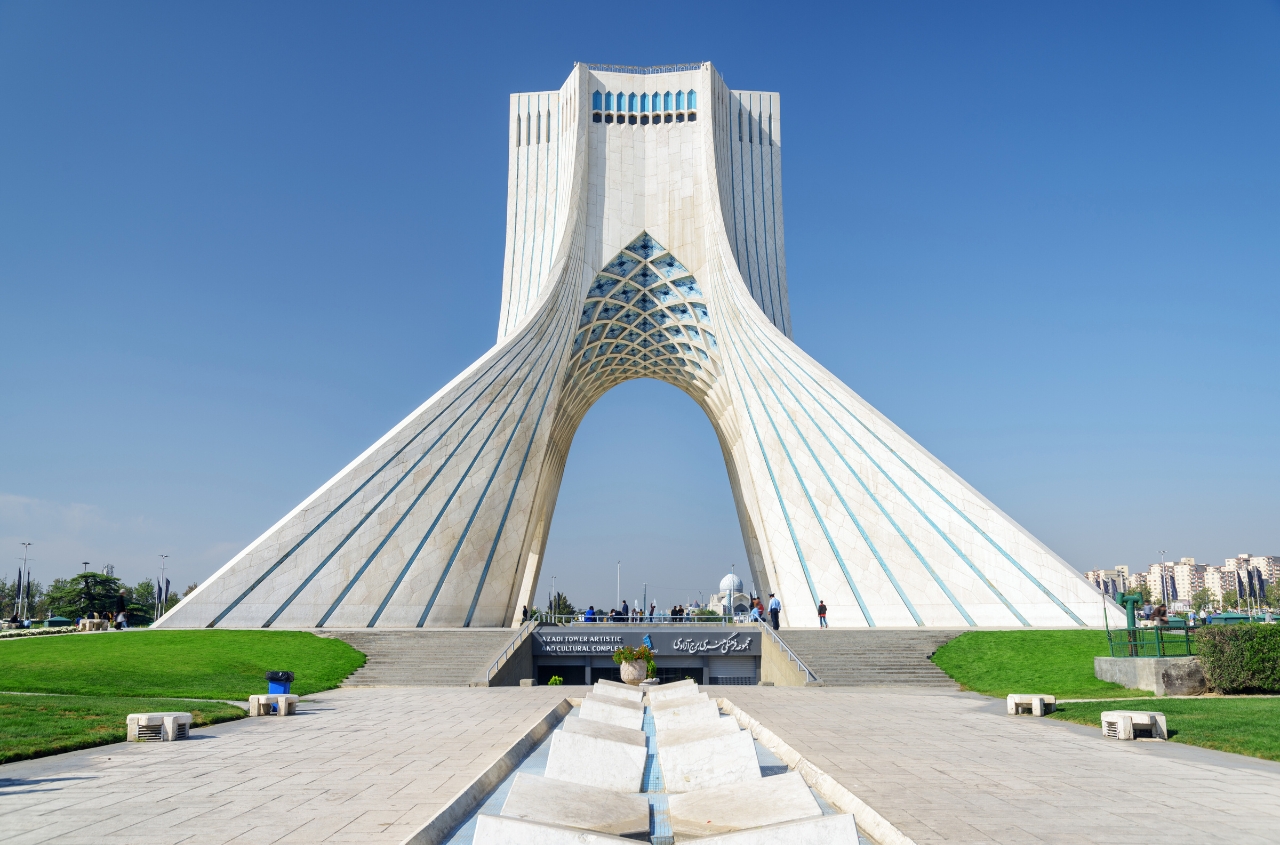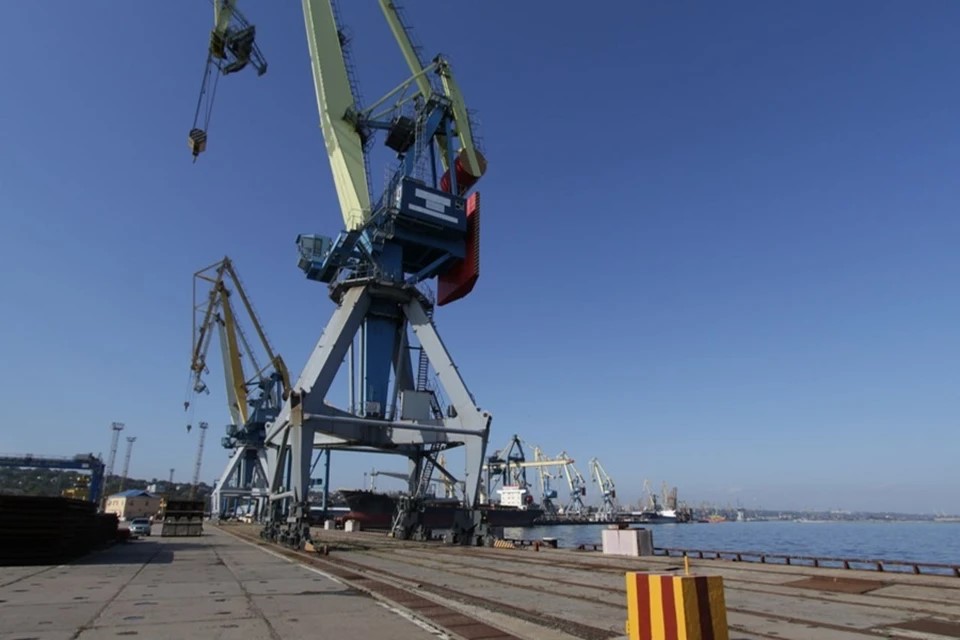Dutch Defense Minister Ruben Brekelmans emphasized the need to increase the country’s defense budget to 3.5% of GDP and called for strong support for NATO. He made these remarks during the panel discussion “Winning the War Before the War: European Strategies for Ukraine” at the Warsaw Security Forum.
“We had the NATO summit in The Hague and decided to raise defense spending from 1.5% to 3.5% of GDP. If you ask the people, the vast majority support this path of growth to 3.5%,” Brekelmans said.
He noted that although the threat from Russia may seem distant to many citizens, Dutch history reminds the country that the security of a mid-sized European state has never been guaranteed.
“When you look at Dutch society — yes, for many Russia seems far away. But if you remember the history of the Netherlands, we are a mid-sized European country that has been conquered by great powers and empires more than once. So we clearly understand that we need this security shield — NATO. I think most people understand this well. And we also know it comes at a cost,” he said.
Brekelmans explained that at the NATO summit in The Hague, countries agreed on a gradual increase in defense spending from 1.5% to 3.5% of GDP. In the Dutch election campaign, a key issue is how to finance this growth. Some political forces propose cutting state spending, others increasing taxes, while some avoid the topic due to its unpopularity.
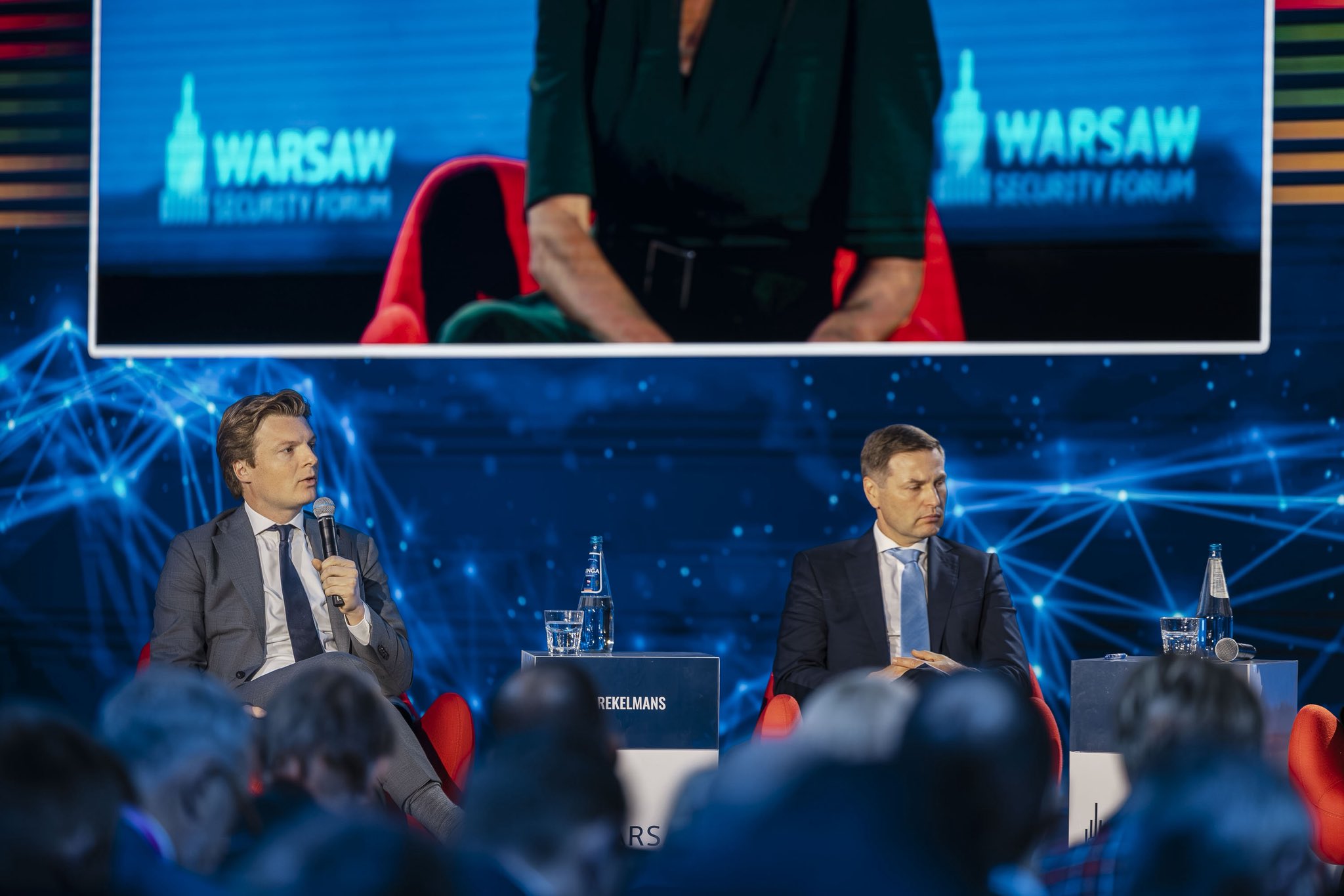
“These are painful decisions. But I am confident that the future coalition will take responsibility and find a way to finance it,” he said.
The minister also discussed military conscription, noting that training programs for both military and civilian positions are oversubscribed, sometimes by a factor of ten.
“The younger generation understands what is at stake. After 80 years of freedom, they realize that this freedom must be defended again — and that it is not free,” he added.
“I believe that if we made service mandatory in the Netherlands, there would be significant societal resistance. But now, with this voluntary readiness, we must value and support it,” Brekelmans said.
Among the challenges, he highlighted the need not just to recruit personnel but to provide each recruit with proper training, housing, equipment, and working conditions.
“As defense minister, I do not need thousands of unmotivated or unprepared people. I need well-trained personnel in the right positions,” he stressed.









